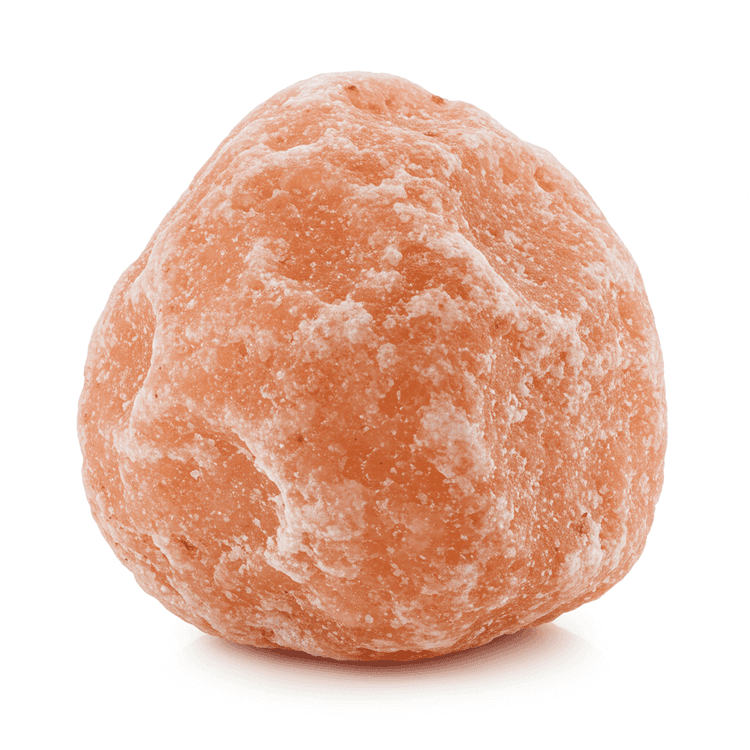
Salt
Salt, also known as sodium chloride, is a crystalline mineral essential for human life and a fundamental ingredient in cooking. Its primary function is to enhance flavor, adding a savory and sometimes slightly sweet note to dishes. Salt crystals range in size from fine to coarse, with colors varying from pure white to pink or gray, depending on mineral content. Different types of salt, like sea salt, kosher salt, and table salt, offer subtle variations in taste and texture, influencing the final result of a recipe. As a natural preservative and flavor enhancer, salt is used globally in countless cuisines.
Common Uses
- Salt is used as a seasoning to enhance the natural flavors of meats, vegetables, and grains. It's often added during cooking or as a finishing touch to improve the overall taste of a dish.
- Salt is essential for curing meats and fish, drawing out moisture and inhibiting bacterial growth, thus preserving the food for longer periods.
- Bakers use salt to control yeast activity in bread dough, which affects the rise and texture of the bread, ensuring a balanced flavor.
- Salt is widely employed in pickling and brining vegetables, drawing out moisture, tenderizing them, and creating a flavorful, tangy preserve.
- Salt is added to marinades to help tenderize meats and allows them to better absorb flavors. It breaks down proteins, resulting in a more succulent and flavorful final product.
- Salt is commonly used to season pasta water to enhance the flavor of the pasta itself and ensure it's well seasoned when combined with sauces.
Nutrition (per serving)
Nutrition (per serving)
Calories
0.0kcal
Protein
0.0g
Carbs
0.0g
Sugars
0.0g
Healthy Fat
0.0g
Unhealthy Fat
0.0g
% Daily Value based on a 2000 calorie diet
Nutrition (per serving)
Calories
0.0kcal
Protein
0.0g
Carbs
0.0g
Sugars
0.0g
Healthy Fat
0.0g
Unhealthy Fat
0.0g
% Daily Value based on a 2000 calorie diet
Health Benefits
- Helps maintain fluid balance in the body
- Supports nerve and muscle function
- Aids in nutrient absorption
- May help regulate blood pressure
- Essential for thyroid function (iodized salt)
Substitutes
Chefadora AI is here.
Experience smarter, stress-free cooking.
Storage Tips
Salt is best stored in a cool, dry place away from moisture. Keep it in an airtight container or its original packaging to prevent clumping. Salt does not expire, but humidity can affect its texture and pourability. Properly stored, it will maintain its quality indefinitely at room temperature.
Marnirni-apinthi Building, Lot Fourteen,
North Terrace, Adelaide, South Australia, 5000
Australia

